Biden Warns Putin Of 'Strong' Western Response To Any Ukraine Attack
US President Joe Biden warned President Vladimir Putin on Tuesday of "strong" Western economic blowback against any Russian attack on Ukraine, while the Kremlin leader demanded guarantees that the NATO alliance keep clear of Russia.
The two leaders met by video link in a two-hour summit seen as a vital chance to defuse tension on the Russian-Ukrainian frontier, where Russia has deployed up to 100,000 troops, sparking fears of a major war in Europe.
Russia denies planning to invade Ukraine, where it already seized swaths of territory in 2014. However, Biden made clear that economic pain, perhaps including "risk" to Russia's new Nord Stream 2 natural gas pipeline supplying Europe, would follow if it does.
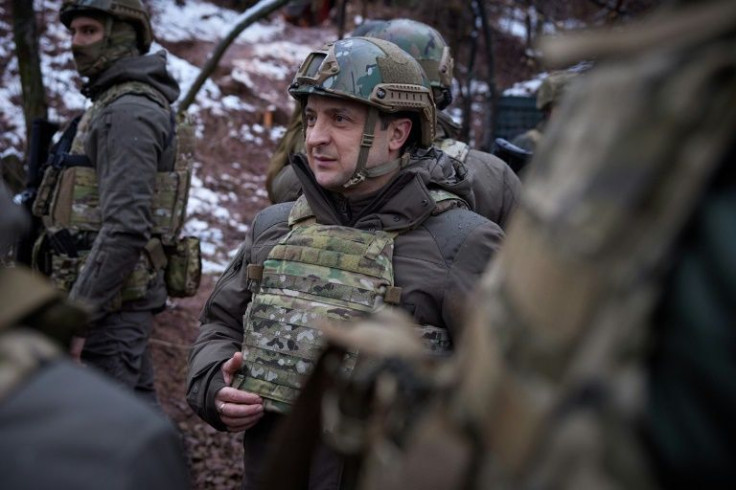
"President Biden voiced the deep concerns of the United States and our European allies about Russia's escalation of forces surrounding Ukraine," the White House said in a statement.
Biden "made clear that the US and our allies would respond with strong economic and other measures in the event of military escalation." The US leader also "called for de-escalation and a return to diplomacy," the statement said.
In its own readout, the Kremlin said Putin blamed NATO for tensions in Ukraine and insisted on "legal guarantees" against the Western military alliance expanding its forces any closer to Russia.
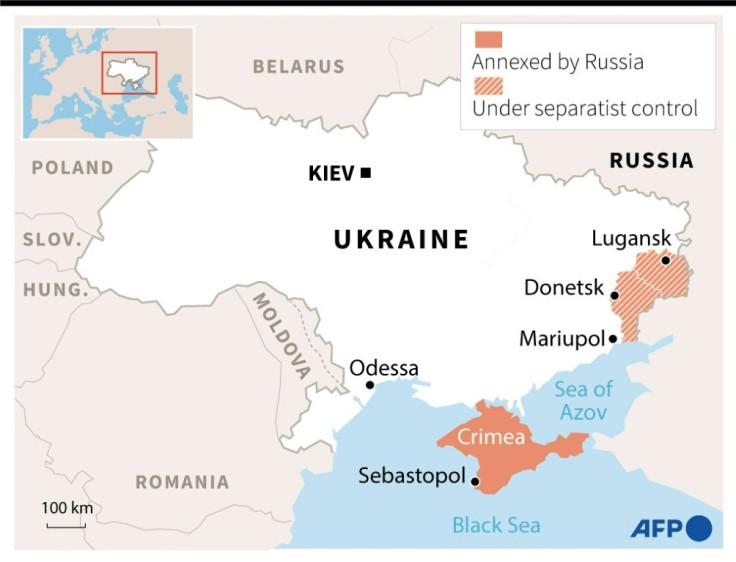
Reflecting the tense atmosphere, Biden was shown in an official photograph sitting behind closed doors with the secretary of state and national security advisor in the White House's Situation Room. Putin, at his resort residence in Sochi, was pictured alone at a long table in front of the video screen.
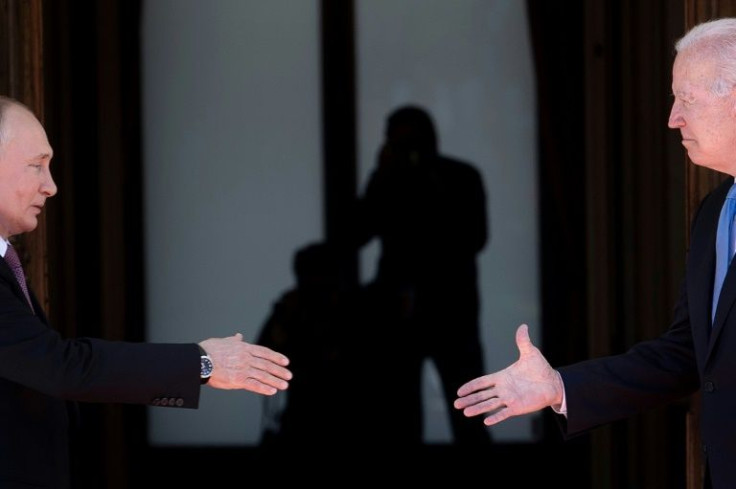
The United States says it doesn't know for sure what Russia intends in Ukraine. Russia already supports a powerful separatist rebellion across swaths of eastern Ukraine and annexed the Crimean peninsula from Kiev in 2014.
Moscow describes accusations that it is preparing to invade as "hysteria."
"Russian troops are on their territory, they are threatening no one," Putin's top foreign policy adviser Yury Ushakov told reporters after the video summit.
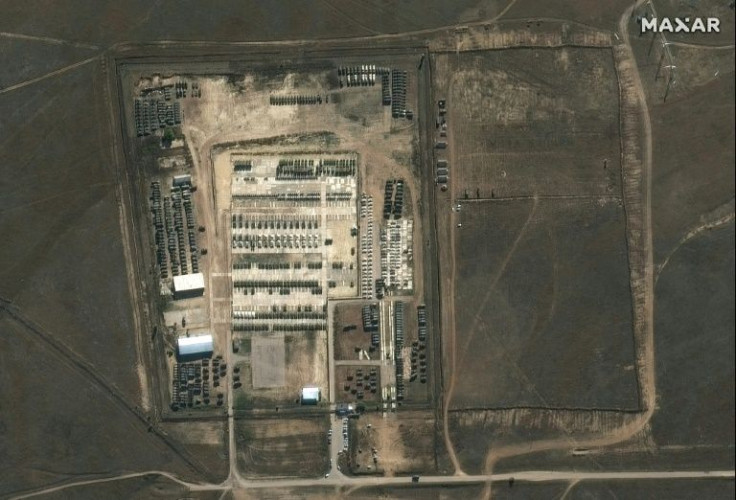
Instead, Putin says that he sees Ukraine's growing alliance with Western nations as a threat to Russian security -- and that any move by Ukraine to join NATO or to host NATO missiles would be unacceptable.
"Russia is seriously interested in obtaining reliable legal guarantees that will exclude NATO's eastward expansion and the deployment of offensive strike weapons in countries adjacent to Russia," the Kremlin said.
While Ukraine is nowhere near being able to join NATO, the United States and NATO say Russia cannot be given a veto over Ukraine's Western-leaning ambitions.
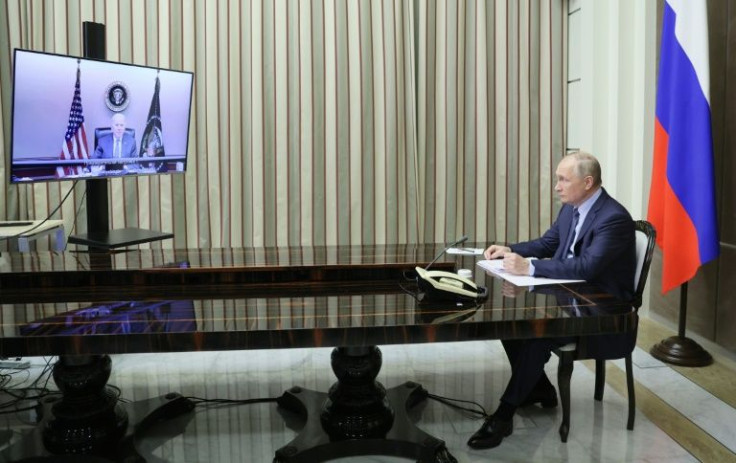
Biden's national security advisor, Jake Sullivan, told reporters that Biden "made no such commitments or concessions."
There is no Western appetite for sending US or European troops into direct military conflict with Russia, leaving limited options for pressuring Moscow.
Sullivan said there were sanctions that Washington had held off from in 2014 but was "prepared to do now."
One clear target could be the new Nord Stream 2 pipeline, which has yet to begin delivering natural gas to Germany. Sullivan said the pipeline's future was at "risk" if Russia does invade Ukraine.
"It is leverage for the West, because if Vladimir Putin wants to see gas flow through that pipeline, he may not want to take the risk of invading Ukraine," he said.
Sullivan said that an attack on Ukraine would also prompt calls from NATO's eastern European members for increased US military commitments, and the White House would "respond positively to those things."
Biden talked with the leaders of Britain, France, Germany and Italy after he finished with Putin.
They "underscored their support for Ukraine's sovereignty and territorial integrity, as well as the need for Russia to reduce tensions." the White House said.
Biden was due to reach out to Ukraine's President Volodymyr Zelensky on Thursday.
Clad in a combat uniform, Zelensky visited troops fighting pro-Moscow separatists in the country's east on Monday.
"Thank you for protecting the sovereignty and territorial integrity of Ukraine," Zelensky told the soldiers, according to a statement released by Kiev.
The conflict has claimed more than 13,000 lives, and while Ukrainian forces are deadlocked against their separatist opponents, they would likely be overwhelmed by Russian regular troops.
© Copyright AFP 2024. All rights reserved.




















